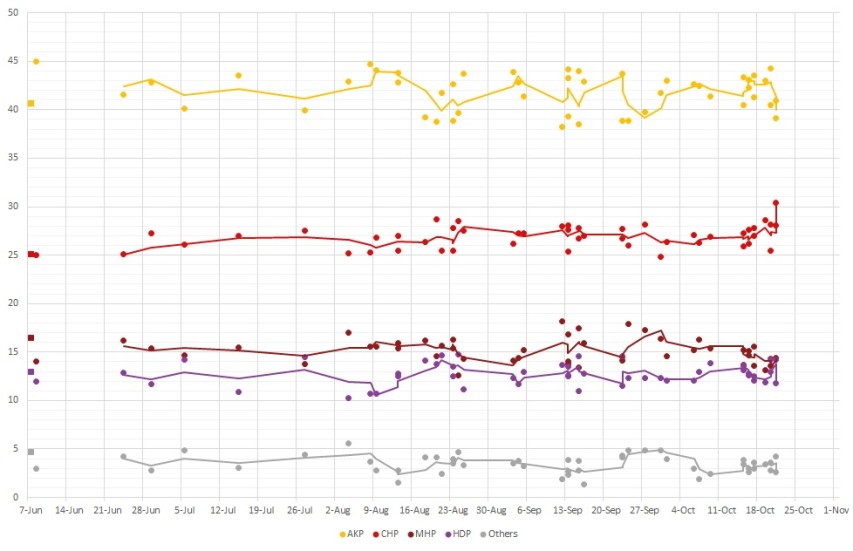If there’s anyone more qualified than Luttwak (author of Coup d’État: A Practical Handbook (1968)) to discuss the recent coup attempt against President Erdoğan and his government, they must have been participants:
Rule No. 2 in planning a successful military coup is that any mobile forces that are not part of the plot — and that certainly includes any fighter jet squadrons — must be immobilized or too remote to intervene. (Which is why Saudi army units, for example, are based far from the capital.) But the Turkish coup plotters failed to ensure these loyal tanks, helicopters, and jets were rendered inert, so instead of being reinforced as events unfolded, the putschists were increasingly opposed. But perhaps that scarcely mattered because they had already violated Rule No. 1, which is to seize the head of the government before doing anything else, or at least to kill him.
The country’s president, Recep Tayyip Erdoğan, was left free to call out his followers to resist the attempted military coup, first by iPhone and then in something resembling a televised press conference at Istanbul’s airport. It was richly ironic that he was speaking under the official portrait of Mustafa Kemal Atatürk, the founder of Turkey’s modern secular state, because Erdoğan’s overriding aim since entering politics has been to replace it with an Islamic republic by measures across the board: from closing secular high schools so as to drive pupils into Islamic schools to creeping alcohol prohibitions to a frenzied program of mosque-building everywhere — including major ex-church museums and university campuses, where, until recently, headscarves were prohibited.
Televised scenes of the crowds that came out to oppose the coup were extremely revealing: There were only men with mustaches (secular Turks rigorously avoid them) with not one woman in sight. Moreover, their slogans were not patriotic, but Islamic — they kept shouting “Allahu ekber” (the local pronunciation of “akbar”) and breaking out into the Shahada, the declaration of faith.
Richly ironic, too, was the prompt and total support of U.S. President Barack Obama, German Chancellor Angela Merkel, and the European Union’s hapless would-be foreign minister, Federica Mogherini, in the name of “democracy.” Erdogan has been doing everything possible to dismantle Turkey’s fragile democracy: from ordering the arrest of journalists who criticized him, including the outright seizure and closure of the country’s largest newspaper, Zaman, to the very exercise of presidential power, since Turkey is not a presidential republic like the United States or France, but rather a parliamentary republic like Germany or Italy, with a mostly ceremonial president and the real power left to the prime minister. Unable to change the constitution because his Justice and Development Party (AKP) does not have enough votes in parliament, Erdogan instead installed the slavishly obedient (and mustachioed) Binali Yildirim as prime minister — his predecessor, Ahmet Davutoglu, had been very loyal, but not quite a slave — and further subverted the constitutional order by convening cabinet meetings under his own chairmanship in his new 1,000-room palace: a multibillion-dollar, 3.2 million-square-foot monstrosity (the White House is approximately 55,000 square feet), which was built without authorized funding or legal permits in a nature reserve.




